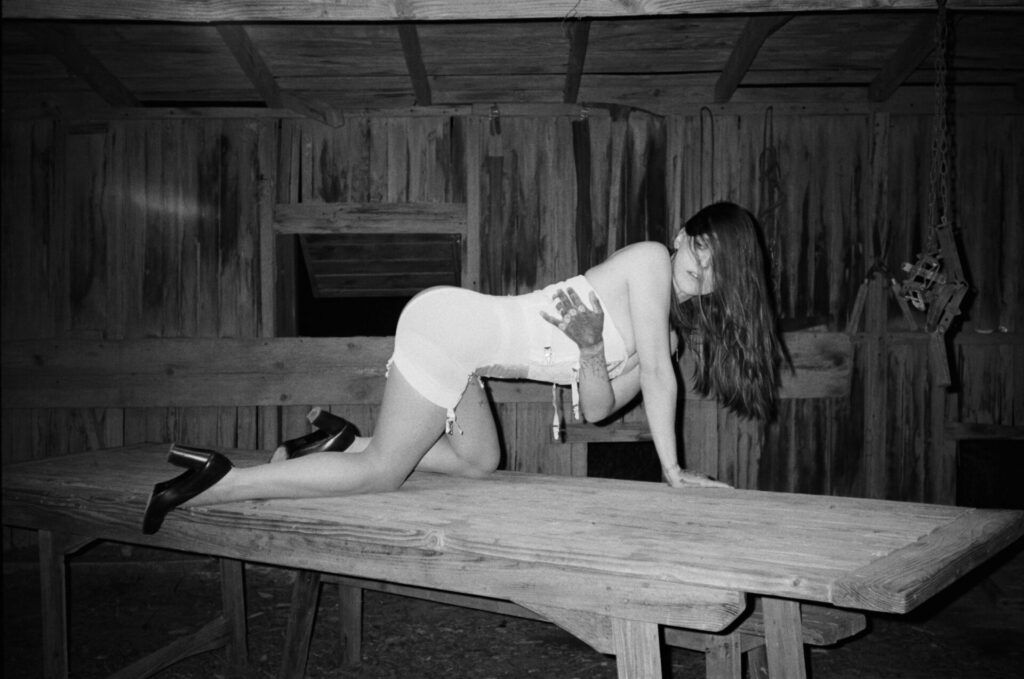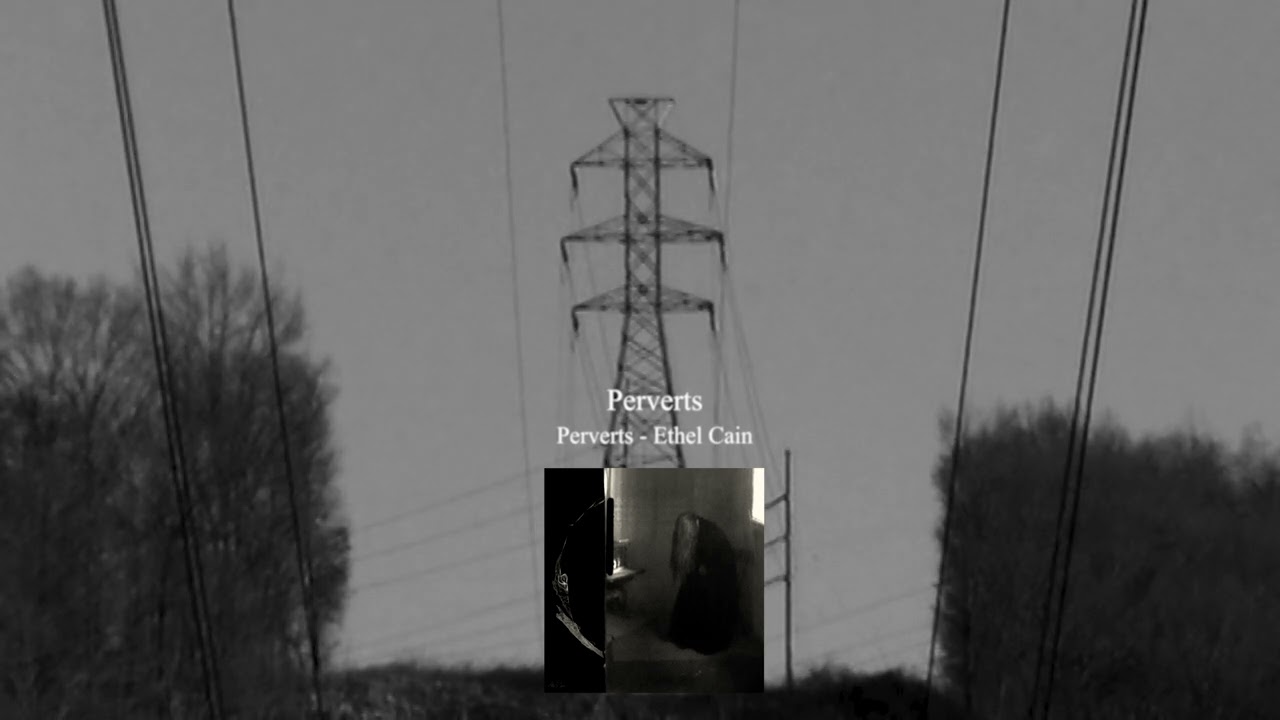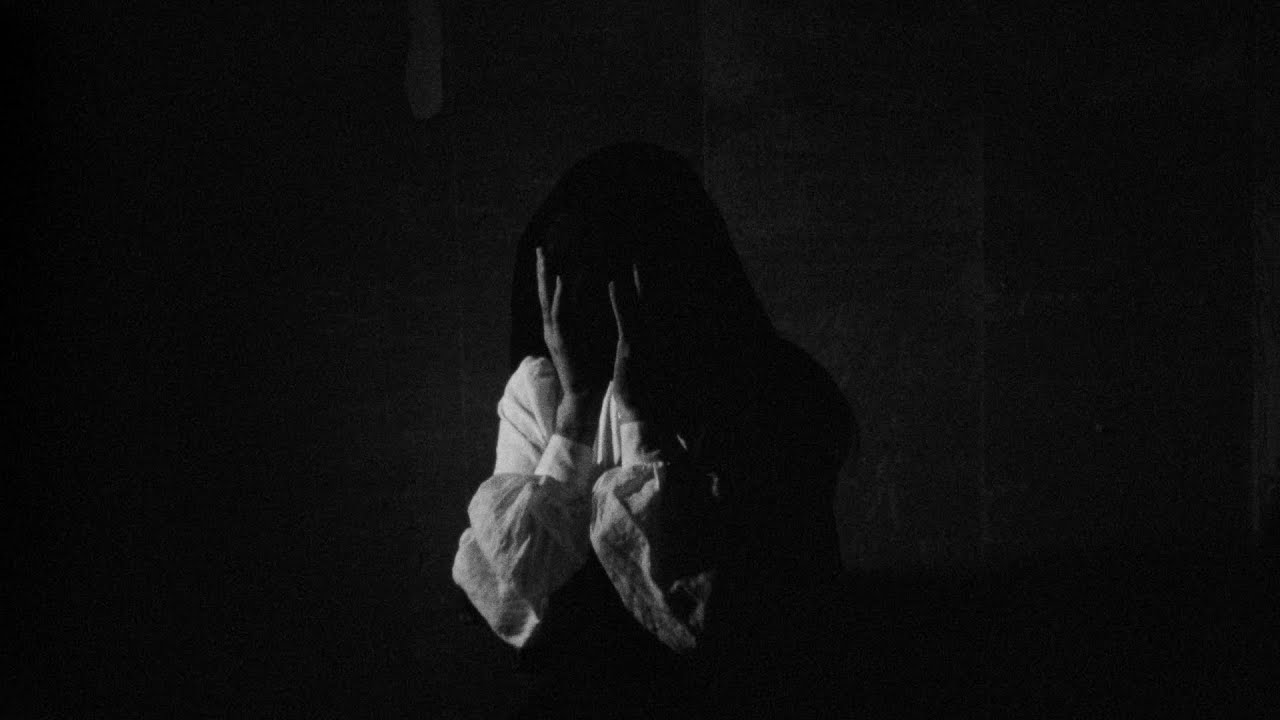Cult fame isn’t what it used to be. Last year, the opinions of Chappell Roan, a drag artist with one album of 2000s scandalism-inspired pop songs about eating pussy, received more mainstream news coverage than most international conflicts. Charli XCX’s ode to doing gear in the club prompted a US Presidential campaign team to state “Kamala is brat”. Knocked Loose jumped from the Louisiana hardcore scene to dog barking on Jimmy Kimmel Live, drawing outrage from concerned parents claiming the performance left their children in “tears”. The internet has collapsed underground and mass markets to such a degree that exposure, advertising, and even fandom, now operate in the same ways, creating a nonsense economy that shoves everything in front of everyone and capitalises on whatever sticks (goes viral), regardless of the reasons why. The gap between bedroom artist and global notoriety has never been narrower, and the audiences they are speaking to have never been broader.
Florida-born multidisciplinary artist Hayden Silas Anhedönia, stage name Ethel Cain, is not for everyone. She’s not supposed to be. Her 2023 debut, Preacher’s Daughter, was a brutal and meticulously crafted concept album about a preacher’s teenage daughter who leaves her small Southern town, only to be murdered and cannibalised by a lover she meets on the road. The last two tracks depict the narrator’s corpse in a freezer while she delivers her goodbyes from the afterlife. It’s not really the stuff to snap your fingers at and say mother ate the house down boots, but Anhedönia has publicly lamented how prevalent that type of communication is within her fanbase, leaving her feeling like “a performing monkey” at times. “Nobody takes anything fucking seriously anymore,” she wrote in a since-deleted Tumblr post that criticised the growing trend of engaging with art through memes. “We are in an irony epidemic. There is such a loss of sincerity and everything has to be a joke at all times.”
With that in mind, Ethel Cain’s latest release, Perverts, feels like a challenge to the large audience she amassed with Preacher’s Daughter. Intended as a standalone release rather than a true follow-up album, Perverts is a nine track EP of experimental drone, ambient, and slowcore. Interested in mood and texture over traditional pop song structures, it unfolds patiently, with protracted periods of borderline silence, over the course of an hour and a half. It’s a boundary-pushing work that, depending on the listener, could be considered either powerfully engrossing or deeply alienating.
Opening track ‘Perverts’ begins with a quivering recording of the nineteenth-century Christian hymn ‘Nearer, My God, to Thee’, which introduces proximity to the divine as a core theme and comes saddled with connotations of sinking. The hymn is well known for many reasons, most notably its association with shipwrecks – it was supposedly the last song the band on the Titanic played as it went down, and the song sung by the crew and passengers of the SS Valencia as it sank off the coast of Vancouver Island. Its use perhaps signals a sinking of morality. A sinking away from God (synonymous with perfection in Christian mythology) and towards perversion (perfection’s opposite; the farthest it is possible to be from Him). A stretch of dead air follows the hymn before Anhedönia begins to speak, her words muffled and barely decipherable, the way a voice sounds underwater, “heaven has forsaken the masturbator.” The track is over twelve minutes long, a vast expanse of undulating droning with only snatches of poetry to hold on to: “I was a good person…”, “It happens to everybody…”
Sitting somewhere between the earthy minimalism of Grouper, the slow gloom of Duster, and David Lynch’s fascination with the strange murmur of power lines, radio static and ceiling fans, Perverts starts with the most inaccessible aspects of Ethel Cain’s aesthetic and strays further to the left from there. With the shortest track coming in at six and a half minutes, there is a focus on looping, single-notes hold for a long time, hypnotic repetition of sounds and lyrics that can slip you into a meditative state or leave you feeling lost and frightened. ‘Houseofpsychoticwmn’ is a thirteen-and-a-half-minute swirl of raw noise and breathy moans, interrupted only by Anhedönia repeating the words “I love you,” like someone on the verge of death being called to the other side. On ‘Pulldrone’, she recites revisions of Bible verses about the separation of God and humans over a mechanical buzz that sustains itself for most of the track’s fifteen minutes. On every track silence builds to a roar like traffic on a distant highway, words are muffled and become clear, melodies are absorbed by dissonance. For an EP built on forbearance and suspense, nothing is fixed.
There is some relief in tracks like ‘Etienne’ and ‘Thatchoria’, which smuggle melodies into the mix, albeit from a distance. Their presence is so spectral they feel more like memories of songs, rather than definitive structures. Meanwhile, on ‘Vacillator’, Anhedönia’s singing voice emerges from a rustle of percussion, soft and angelic, for a song that handles physical intimacy as a tender act, rather than a sin – though no less fraught. “I could make you cum twenty times a day,” she sings over a country-tinged instrumental. “If you love me, then keep it to yourself.” Lead single ‘Punish’ and closer ‘Amber Waves’ are more conventionally structured tracks, the first sharing the most DNA with previous Ethel Cain output with its lush piano and yearning vocals sailing high in the mix over a swell of metal distortion. ‘Amber Waves’ taps into her interest in emo and post-rock, with slow burning melodies and a clean picked guitar line.
Thematically, we’re definitely in familiar territory. Even at their most hostile these are songs of sex, love, and connection; self-expression, freedom, and morality. Anhedönia, like protagonist alter-ego, may have left the church she grew up in, but she took its influence, and its music, with her on her journey to find God in other places. “I think every human being naturally experiences some form of Transcendentalism,” Anhedönia said in a 2024 interview with HommeGirls touching on the ideas behind Perverts. “Whether it is named God, or something you devote your life to, literature, art, sex, drugs, rock-and-roll, everybody gives into something […] It may not have anything to do with religion, but I think everybody has something that is like a higher power.”
The interview was published alongside a text, authored by Anhedönia, titled ‘The Consequence of Audience’. It’s written in the allegorical style of Southern Gothic literature and traces an uneasy journey from the “Great Dark” to a “great dome atop a hill,” from the unknown to the known (“Who would not climb the wall for a peer over the edge?”). Citing authors like Cormac McCarthy, Flannery O’Connor, and Donald Ray Pollock as influences, Anhedönia says in the same interview that she hopes to “capture the eloquence and the poetry of that bygone age of the late 1800s, into the early 1900s” in her work. You can feel that in the language of ‘The Consequence of Audience’, and in Perverts’ concern with purity and ruin.
Ethel Cain has always invoked the Southern Gothic. It’s in the ghostly figures in her artwork, the grotesquerie in her lyrics, and the aesthetics of her release titles – Inbred, Preacher’s Daughter, Perverts – not to mention the details of her storytelling. Along with that, she puts her own spin on the genre’s preoccupation with darkness – its role in the world, where it comes from (within? Or somewhere beyond?), and to what extent it outweighs the light. Trading the romantic castles and dreary moors of the European Gothic for antebellum mansions, fiery tent revival preachers, and ghosts of the lost Civil War, the Southern Gothic digs past the region’s pastoral beauty and pie-on-windowsill charm into its history of slavery, racism, and abject poverty. Realities that are repressed manifest in forms that are irrational and abhorrent, transgressive and at times darkly comic. With Perverts, Ethel Cain takes shame and turns it inside out. Sexual impulses, masturbation, the desire to be “good” versus the reality of being human, and the lure of recognition all unfurl across this otherworldly sprawl that looks to her own uncompromising artistic vision, above all else, as its guiding force.







